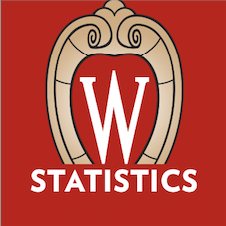
RESEARCH OVERVIEW
My current research focuses on foundational aspects of Bayesian methods for structured objects ubiquitous in real life such as high-dimensional densities, vectors, matrices, anisotropic functions, complex shapes, covariance matrices, networks and graphs. While Bayesian methods are routinely used for the ease of incorporating prior knowledge and uncertainty quantification, apparently innocuous priors can produce misleading inference in higher dimensional and nonparametric models. My research during the past decade has been on identifying such pitfalls, develop rigorous theoretical framework to study why such phenomena occur, and provide remedies. Over the last decade, my research group solved fundamental challenges in Bayesian inference:
A) probabilistic modeling for non-Euclidean objects (closed curves, surfaces, shape clustering, deformable templates for shape restricted densities).
B) consistent estimation of communities and configurations simultaneously in network models.
C) establish for the first time why point estimates obtained from variational inference do have statistical optimality properties.
D) adaptive shrinkage strategy using sparsity inducing Dirichlet distribution for estimating high-dimensional functions supported on a low dimensional space, sparse high dimensional vectors and covariance matrices.
My research paved ways for novel solutions to challenging applied problems, such as brain tumor tracing, tumor tracking for targeted radiotherapy and reconciling the famous “proton radius puzzle” in nuclear Physics.